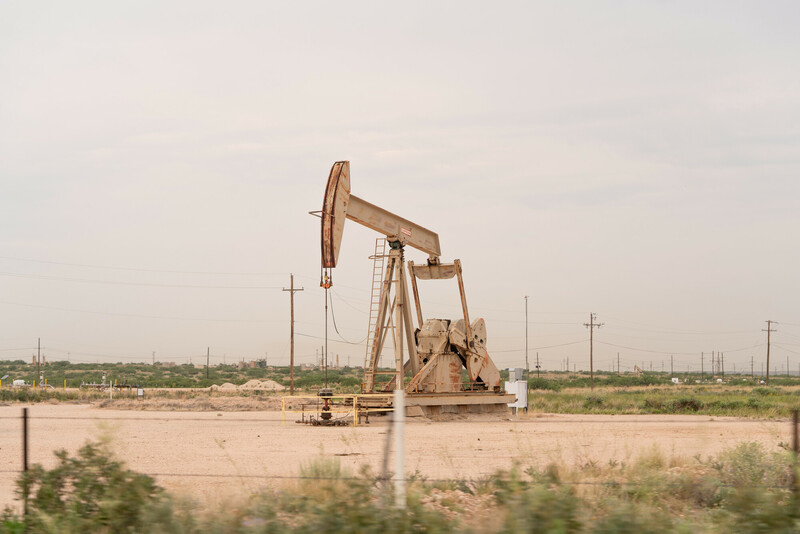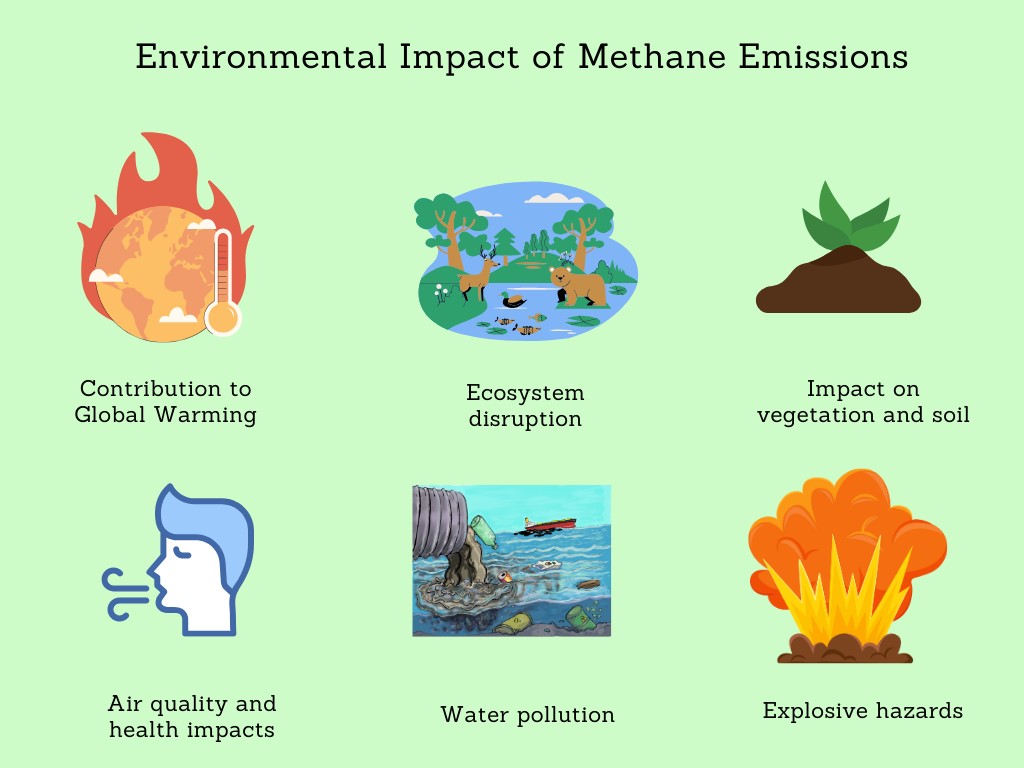SANTA FE, New Mexico.— Conservation groups urged New Mexico’s Oil Conservation Division today to require oil and gas companies to fulfill their legal duty to plug and remediate more than 3,300 inactive oil production wells statewide.

State law requires the industry to clean up inactive oil sites, but companies regularly ignore that mandate and leave well sites idle. The division’s own data shows more than 300 companies currently have inactive, unplugged wells that are out of compliance with state law.
“It’s high time that oil and gas companies in New Mexico are forced to clean up their toxic mess, rather than leaving the rest of us to deal with it,” said Gail Evans, an Albuquerque-based attorney with the Center for Biological Diversity. “It’s a basic concept we teach our children — clean up after yourselves. But somehow in New Mexico we let companies get away with ignoring this and breaking the law. The state must start prioritizing the health and wellbeing of New Mexicans and our environment by enforcing its own laws.”
Oil and gas wells often continue to emit methane — a dangerous climate pollutant — long after they cease production, sometimes for decades. The longer wells sit idle and unplugged, the further they deteriorate, causing even greater threats to air, water and public health. Prompt enforcement of laws to compel operators to properly plug inactive wells is the most effective and efficient way to protect public safety and the environment and reduce the cost to taxpayers.

Low-producing and inactive wells typically no longer generate meaningful revenue and are often sold by large companies to smaller, less solvent operators. According to data from the state Oil Conservation Division, many of these operators have either entirely or almost entirely abandoned their fleets of wells across New Mexico.
While operators are required to put up financial assurance at the outset meant to cover the future costs of plugging and decommissioning if the operator fails to fulfill its responsibilities, New Mexico’s bonding requirements are woefully out of date and do not come close to covering the actual costs of plugging and remediation. This leaves the state — and ultimately taxpayers — on the hook for the difference.
A 2021 study commissioned by the State Land Office estimated that existing financial assurance covers only 2% the expected remediation costs on state and private land, leaving a bonding gap of more than $8 billion.
“This makes timely enforcement of inactive well plugging rules essential. The state has to move quickly to make operators fulfill their legal obligations to properly plug wells before these companies skip town or declare bankruptcy and it’s too late,” said Michelle Harrison, an attorney with EarthRights International. “Otherwise, taxpayers will be left with the pollution generated by the fossil fuel industry and the bill for cleaning up after it.”
In their letter sent today, the Center and EarthRights International offered to work with the state to target the worst offenders and ensure the cleanup of thousands of idle, unplugged, polluting oil and gas production sites across New Mexico.
Media contacts:
For press inquiries, interviews, or more information, please contact:
Michelle Harrison, EarthRights International: (202) 466-5188, michelle@earthrights.org
Daniela Colaiacovo, EarthRights International: (703) 975-0608, daniela.colaiacovo@earthrights.org
Gail Evans, Center for Biological Diversity: (505) 463-5293, gevans@biologicaldiversity.org





